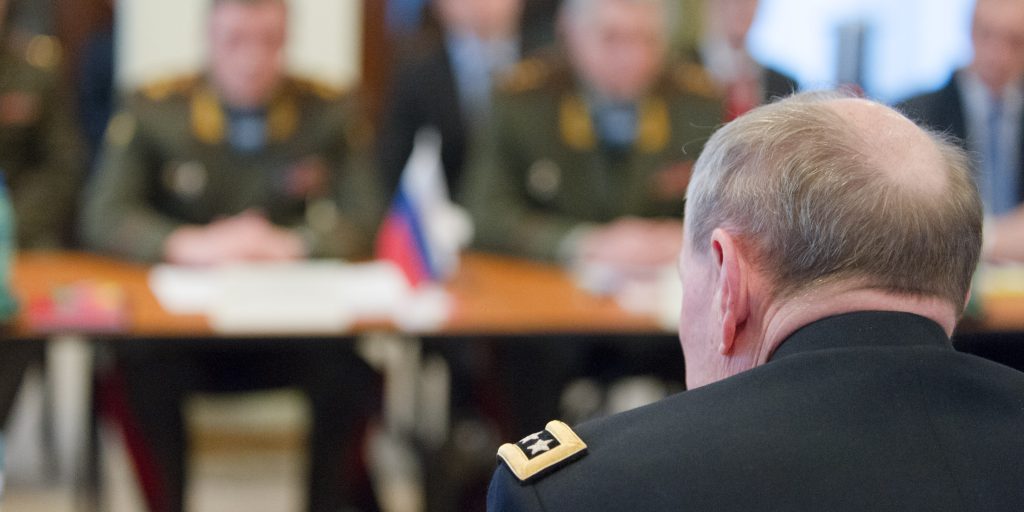Russia’s Nuclear Rhetoric Reflects Domestic Political Trends and Arsenal Doubts
Others are reading now
Russian officials have recently shifted their nuclear rhetoric from direct threats against Western nations to suggesting nuclear tests within Russia, according to commentary from the Robert Lansing Institute, reports Digi24.
Andrey Kolesnik, a lawmaker from the ruling party, proposed conducting a public nuclear test in Russia, citing concerns about a possible Ukrainian “dirty bomb.”
This baseless claim, used to justify Russia’s invasion of Ukraine, reflects a broader trend in Russian politics, where radical proposals are seen as patriotic.
Robert Lansing Institute says
The Robert Lansing Institute notes that Russia’s nuclear threats often serve domestic political purposes.
Also read
For instance, former President Dmitri Medvedev’s aggressive rhetoric has been attributed to personal frustration and diminished political influence.
Kolesnik’s proposal fits a pattern where extreme measures are promoted to gain political favor in Russia’s increasingly radical political climate.
Russian state propaganda frequently uses nuclear threats to mask the country’s technological and military shortcomings.
Margarita Simonian, head of Russia Today, suggested detonating a nuclear device over Siberia to disrupt global technology.
Such threats are aimed at compensating for Russia’s perceived disadvantages and deterring Western support for Ukraine.
The Kremlin’s frequent use of nuclear rhetoric is linked to its deteriorating global position and uncertainty about its nuclear arsenal.
Only 7%
Reports suggest that only 7-14% of Russia’s nuclear arsenal is fully operational, which may prompt the Kremlin to conduct tests to reassure its own capabilities and influence Western powers.
The resumption of nuclear testing could be an attempt to address doubts about the reliability of Russia’s nuclear forces.


